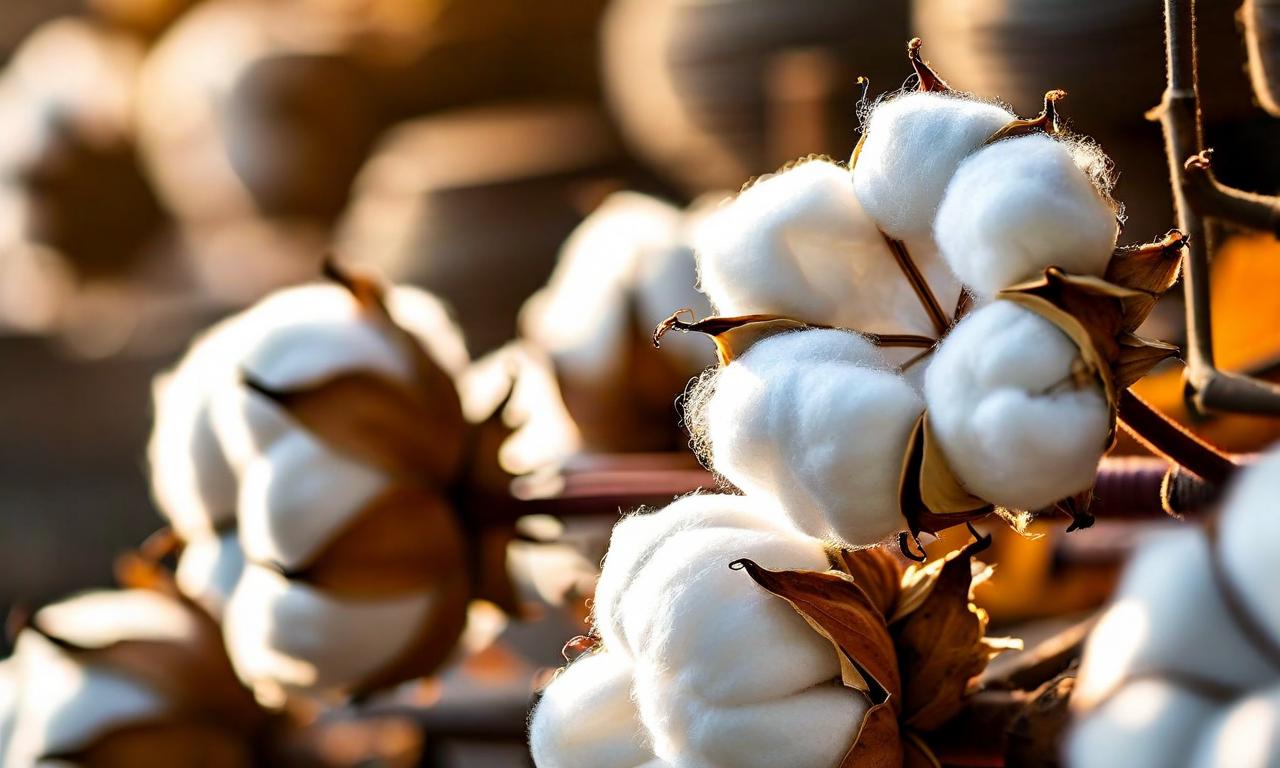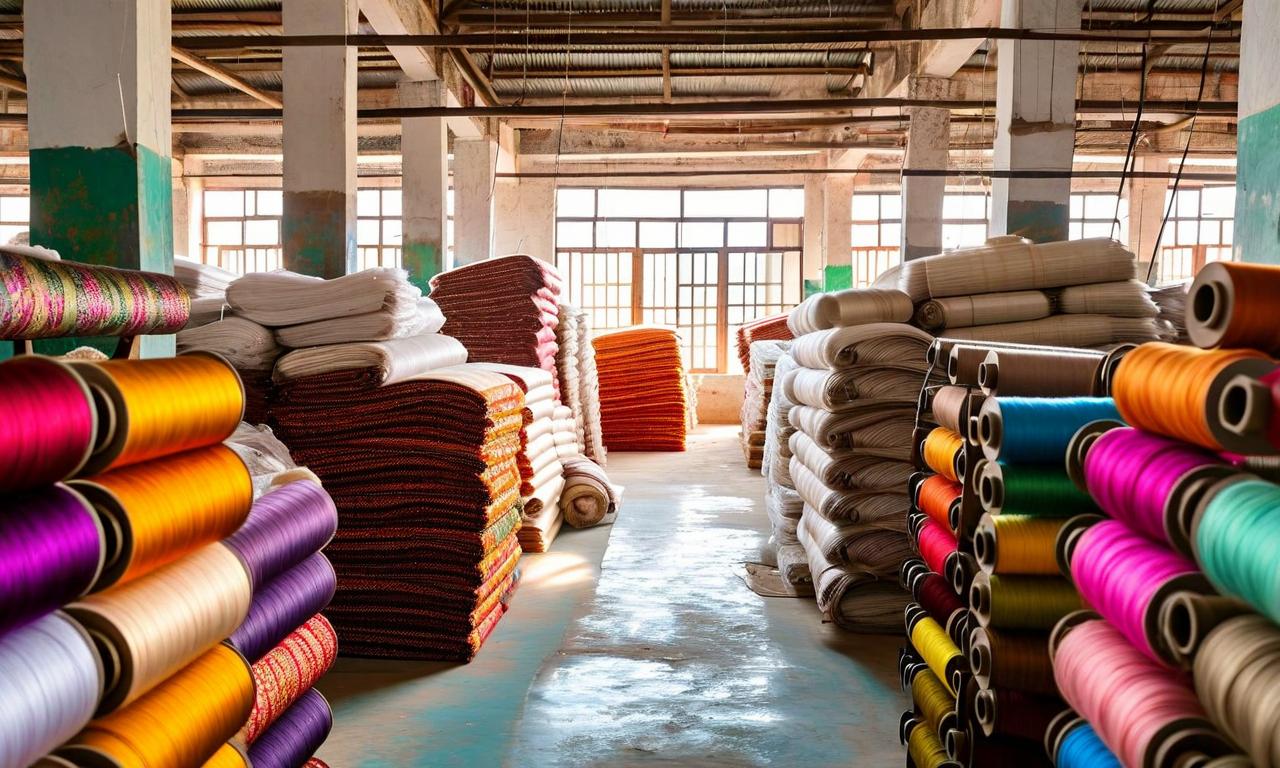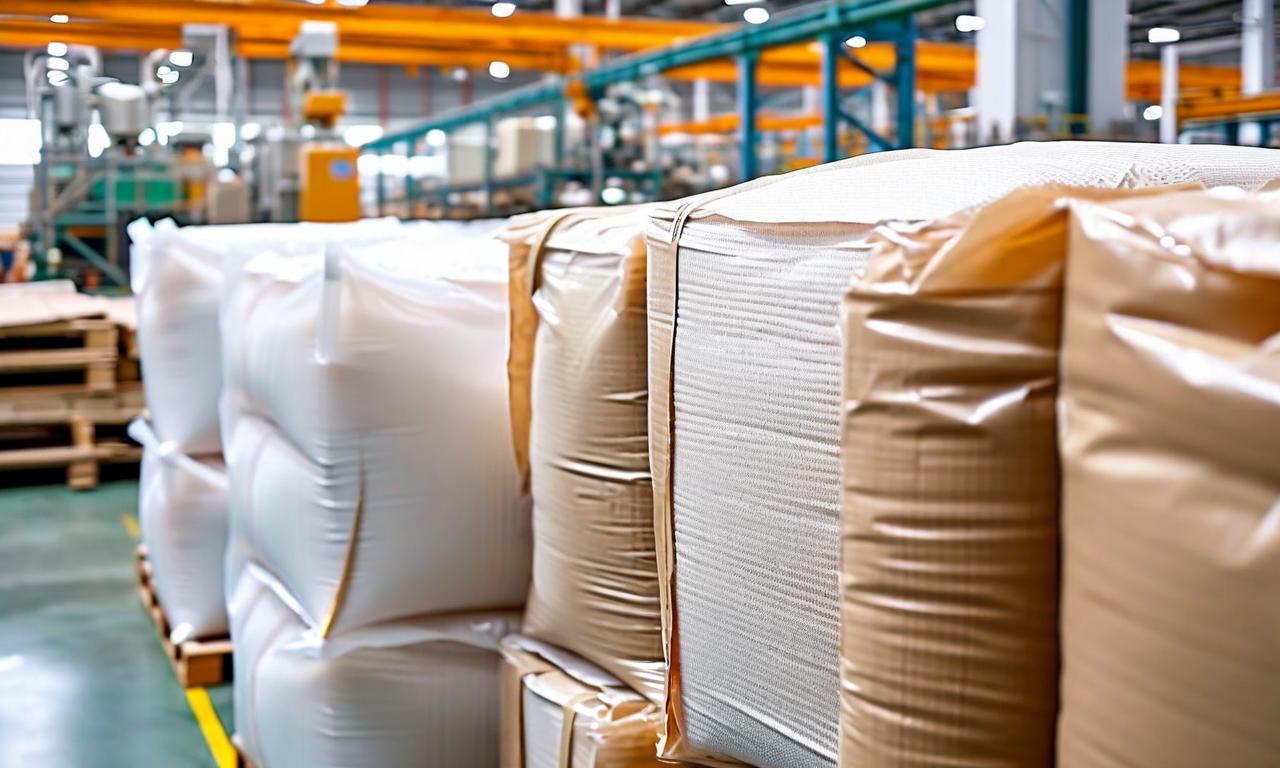India Extends Cotton Import Duty Exemption to Year-End, Boosting Textile Industry
The Indian government has extended the 11% import duty exemption on cotton until December 31, 2023, originally set to expire in September. This decision aims to support the textile sector amid global trade challenges, including U.S. tariffs. The Confederation of Indian Textile Industry (CITI) welcomed the move, which applies to cotton under HSN code 5201. Despite having the largest cotton acreage globally, Indian mills often import cotton from Australia and African countries due to cost considerations. The extension is expected to reduce costs, enhance global competitiveness, provide supply chain flexibility, and offer economic support to the textile industry.

*this image is generated using AI for illustrative purposes only.
In a move set to benefit the Indian textile industry, the government has extended the exemption on the 11% import duty for cotton until December 31, 2023. This extension, previously scheduled to expire at the end of September, comes as part of India's efforts to support its textile sector amid global trade challenges.
Government Support Amid Global Trade Tensions
The decision to prolong the import duty exemption is partly in response to the impact of U.S. President Donald Trump's 50% tariffs on vulnerable sectors. By maintaining this exemption, India aims to mitigate potential adverse effects on its textile industry, which plays a crucial role in the country's economy.
Industry Reaction
The Confederation of Indian Textile Industry (CITI) has welcomed this move, describing it as a significant benefit to the entire textile value chain and industry. This positive reception underscores the importance of the exemption in maintaining the competitiveness of Indian textile manufacturers in the global market.
Global Cotton Sourcing Dynamics
Despite India boasting the largest cotton acreage globally, many textile mills in the country frequently import cotton from Australia and African countries. This preference for imported cotton is primarily driven by cost considerations, highlighting the complex dynamics of global cotton trade.
Specifics of the Exemption
The import duty exemption specifically applies to cotton falling under the HSN code 5201. This targeted approach ensures that the benefits are directed towards the relevant segments of the textile industry that rely on cotton imports.
Implications for the Textile Sector
This extension is expected to have several positive implications for the Indian textile sector:
Cost Reduction: The continued exemption will help keep input costs lower for textile manufacturers, potentially improving their profit margins.
Global Competitiveness: By reducing production costs, Indian textile products may become more competitive in the international market.
Supply Chain Flexibility: The exemption allows textile mills to source cotton from various global suppliers without the burden of import duties, providing more flexibility in their supply chain management.
Economic Support: In the face of global trade tensions, this move demonstrates the government's commitment to supporting key industries like textiles.
As the global textile market continues to evolve, India's decision to extend the cotton import duty exemption reflects a strategic approach to maintaining its position as a major player in the industry. The extension until the end of the year provides a window of certainty for textile manufacturers, allowing them to plan their operations and sourcing strategies accordingly.

























